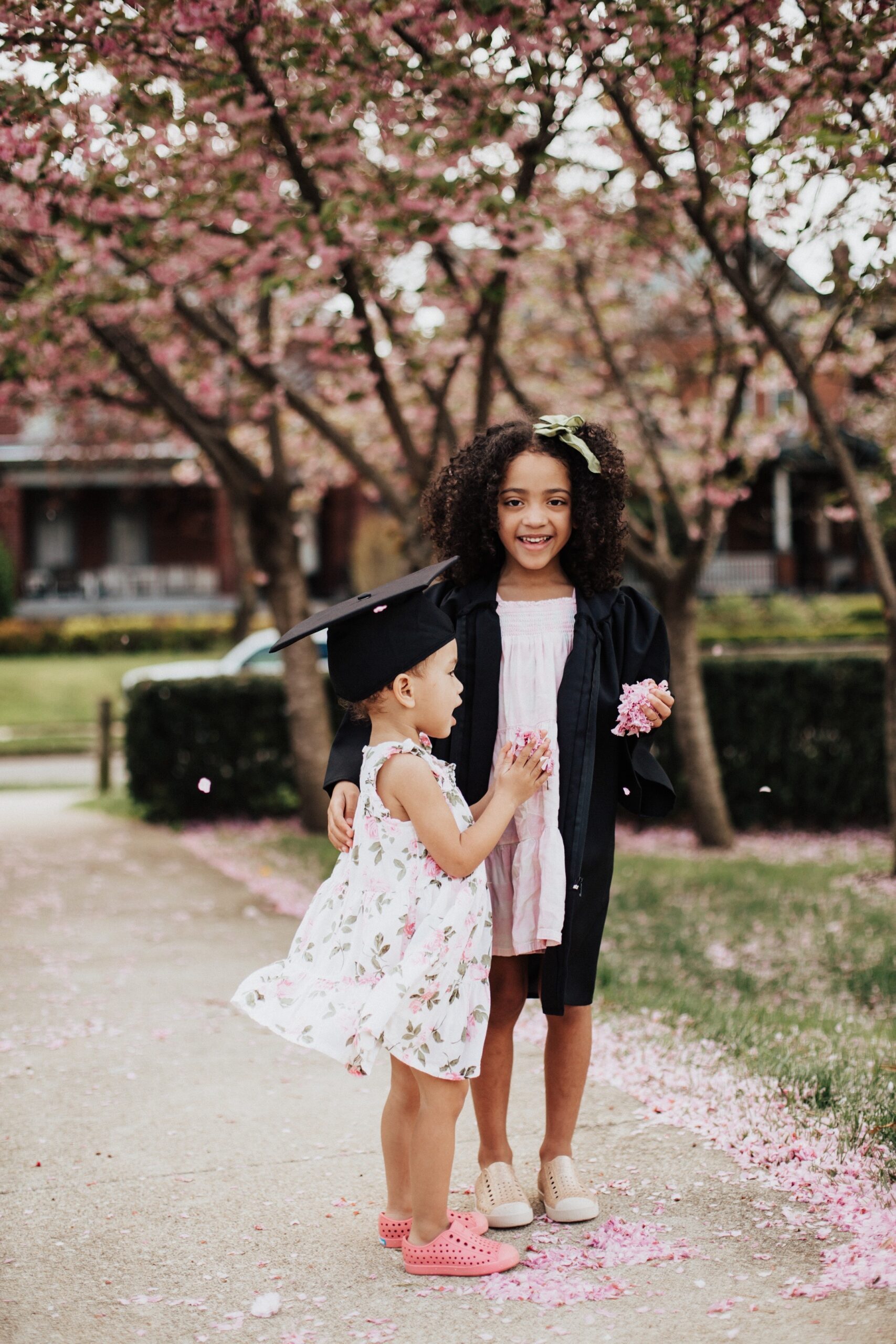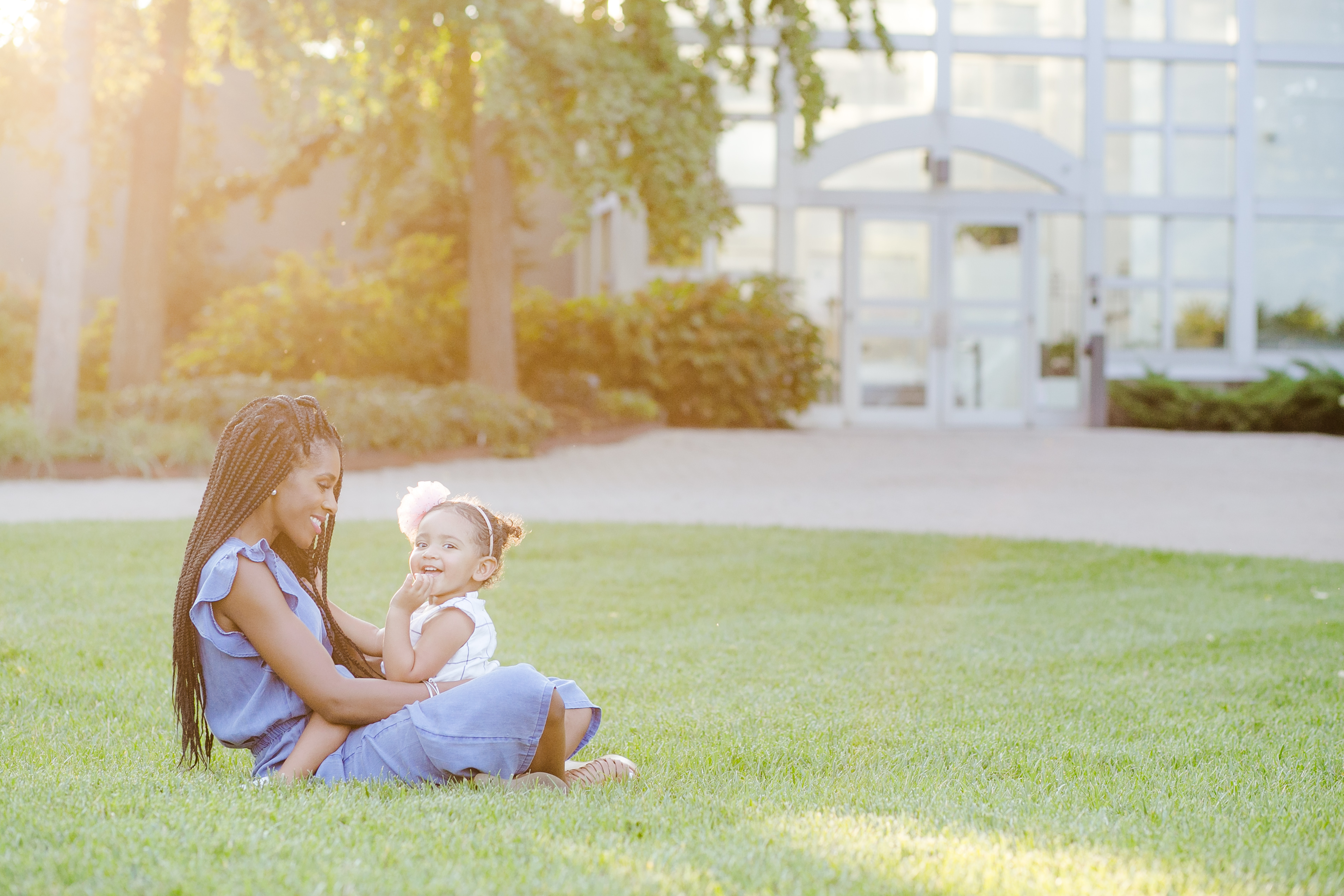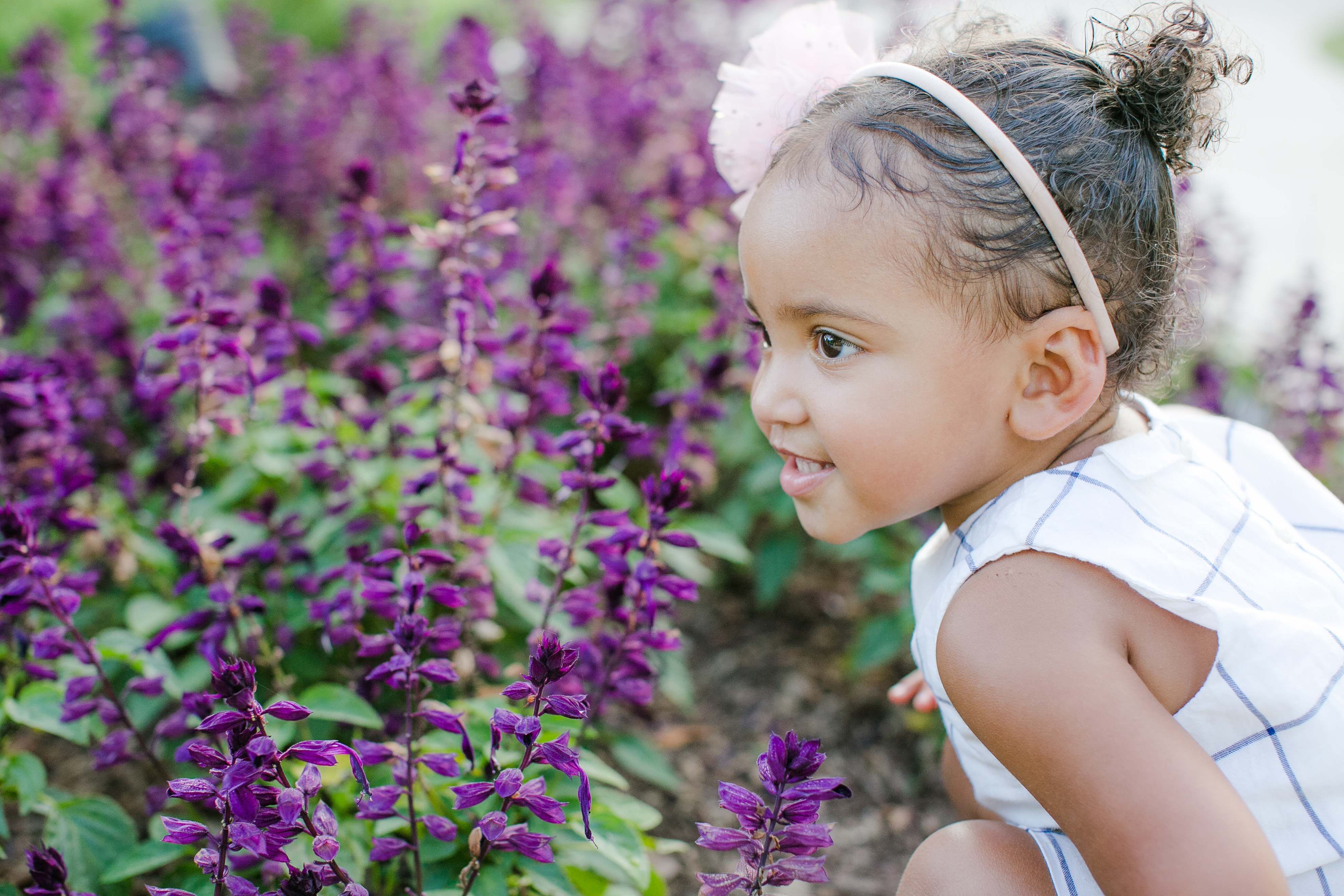After a few weeks of assigned piano music, parents have asked how to help their child practice piano without any music knowledge themselves. This is There are a lot of ways that you can come alongside your child to help them practice piano. I’ve provided 5 Ways to Help Your Child Practice.

1. Read Teacher’s Assignments to Your Child
This step is not only helpful for young child learning piano, but can benefit your older children as well. While young children will need help reading and understanding some of the written assignments, older students will need reminders to implement what they learned and could benefit from help with pronounications of musical terms.
2. Check Your Child’s Posture
Learning a new instrument also involves making sure you’re sitting correctly. In class, we learn “Piano Posture,” which includes curved fingers (like picking up a tennis ball), sitting up straight (without crossed legs), sitting at the bench, relax your arms and shoulders, belly button in line with Middle C, sit up straight, etc. Student should sit more than halfway back on the bench.
3. Encourage Kids to Play Without Stopping
During lessons, I encourage my kids to continue playing even if they make a mistake. Then I’ll ask them to return to the problem stop in the music and play again. Often, no one will notice the mistake unless they make it noticeable- especially when it comes to prepping for recitals. If you’re listening to your child practice at home, encourage them to keep playing even when making a mistake.
4. Ask your child to play music slowly and smoothly.
When learning a new piece of music, it’s easy to rush through the song (especially to get it checked off). However, have your child slow down to ensure they aren’t missing dynamic changes (how the music should sound), rhythm, note counts (quarter, half and whole note), etc. Also, all students are asked to play music as smoothly (or legato) as they can. Connect the notes together so the music isn’t choppy. Ask your student to do the same!
5. Ask your child to play what they’re learning in front of you.
Lastly, if your child is doing all the above well, ask them to play for you. Practicing with an audience will prepare them for their recital. Also, it gives parents to chance to really hear the progress your child is making!







